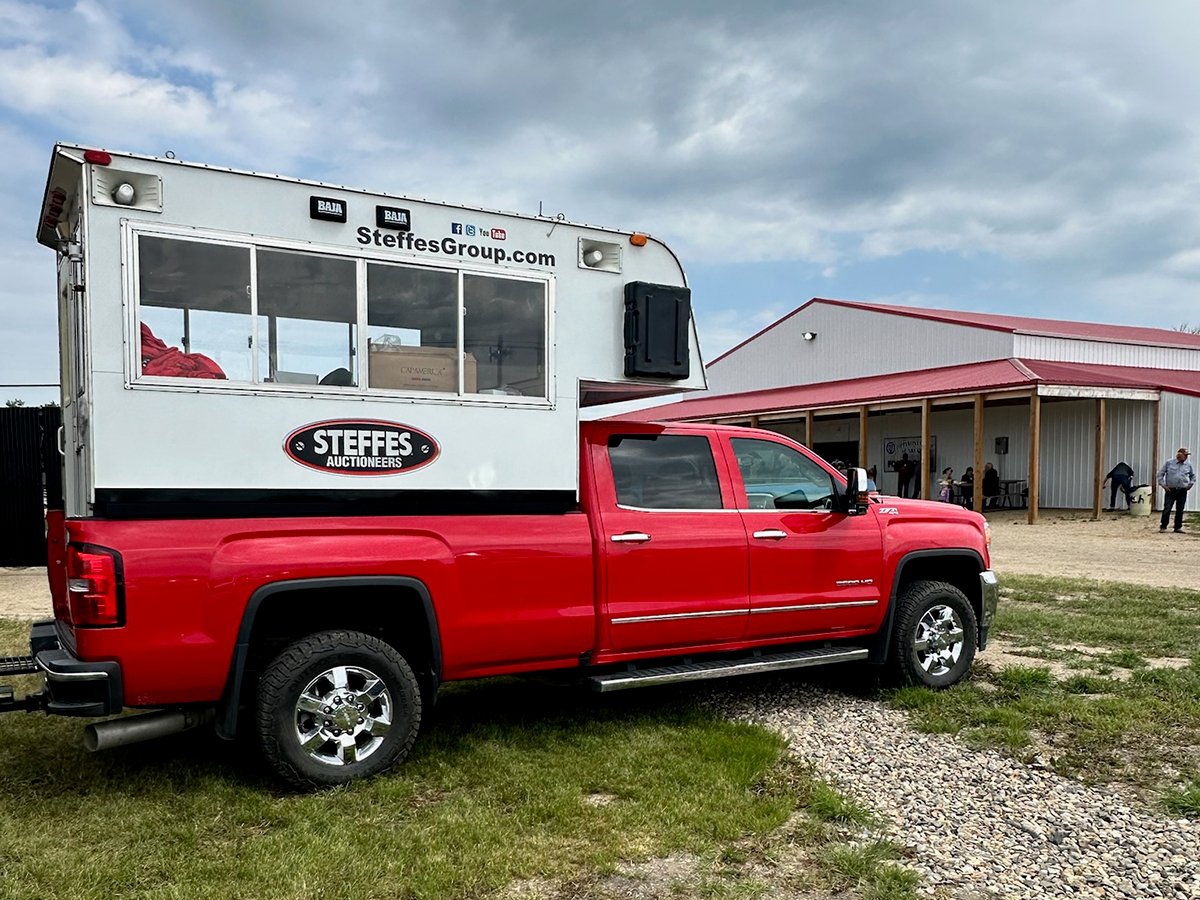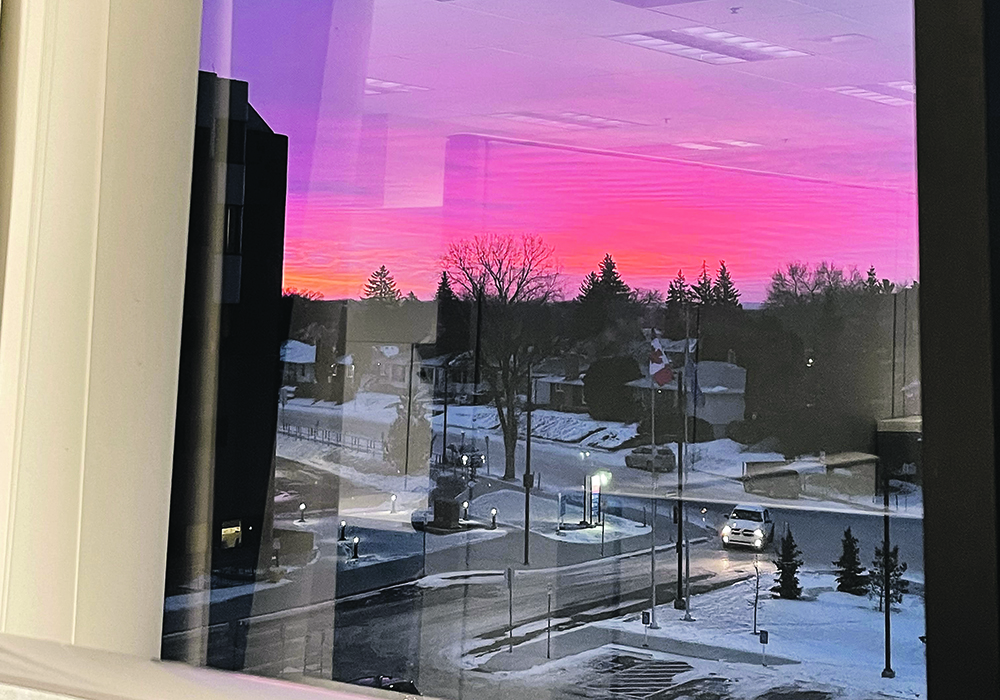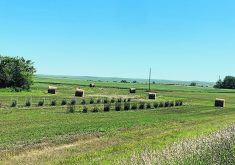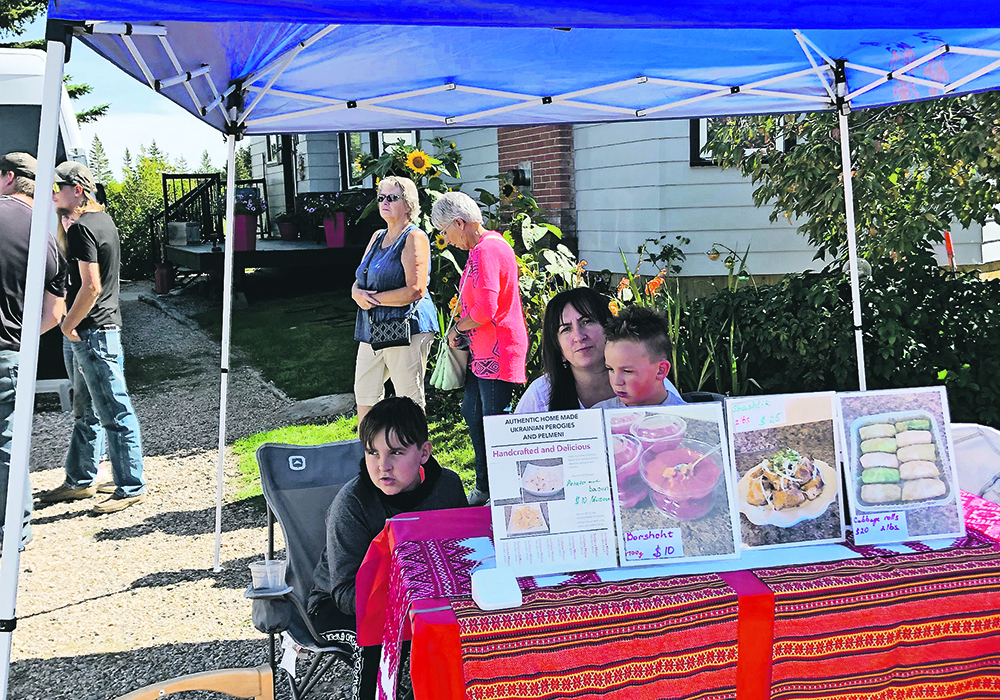Lately, I have been wondering if COVID lockdowns and cold weather are taking a toll on my brain and my energy level. I became concerned that I was spending too much time thinking.
Pre-COVID, I was accused of being too serious, too analytical.
I like asking questions. In fact, my granddaughter, Hazel, and I, have established a routine before bedtime where I ask her if she has any questions of me. She’s five, going on 25, and sometimes asks too many questions. We have narrowed it down to two and I’m beginning to think I will have to start preparing more for these sessions as the questions are getting to be more complex. The other night she asked me why carrots have skins.
Read Also

Farm auctions evolve with the times
Times have changed. The number of live, on-farm auctions is seeing a drastic decline in recent years. Today’s younger farmers may actually never experience going to one.
Anyway, back to my point. Over the last few months, I have spent increasingly more time in reflection. At first, I thought this was weird, and then I thought it was scary. As 2022 dawned and it looked like we would continue to be locked down, I embarked on revising my outlook on my latest COVID activity: reflection.
For the last two years we have been concentrating on filling all our newfound time with physical activities. We have tried everything: puzzles, paint by number, model airplanes (made out of matchsticks), painting the house, building a pergola, walking new (or old) trails, knitting, crocheting, reading, listening to audiobooks, creating sculptures from thrift store finds, writing stories about ourselves (or others), gardening, babysitting, kayaking, biking, housecleaning, watching movies. The list goes on. We are constantly looking for activities to replace all the tasks that used to take up all our time.
Now that we are retired, we have lots of time to engage in all kinds of activities.
These days, I find myself at sixes and sevens — in a state of uncertainty or confusion. I have read and listened to so many books. Puzzles are getting easier, or harder, and as the new year is unfolding, we have exhausted ourselves of them.
Even walking has become a chore; the last few weeks when the polar vortex hung over us, it made it near impossible to stay outside for extended periods, that is, if you could find someone to go for a walk with you.
Series television has never been my thing, and reruns of Seinfeld didn’t seem that funny anymore. I could go on about how COVID-inspired activities have lost their lustre over the past few months.
For a short while, I worried about my melancholy, especially because I was spending time just thinking. I worried that getting up at 5 a.m. (I have always been an early riser), spending time “thinking,” was harmful. Was I spending too much time in my head? After much reflection, and self-congratulatory affirmations, I have decided that reflection is useful and rewarding.
My New Year’s resolution for 2022 is to spend an hour every morning in reflection. In fact, there is considerable literature written about the efficacy of this activity. Henry David Thoreau wrote about the benefits, but I’m talking about the average person sitting in a chair looking out the window while bird watching, or neighbour watching, from the office that had to be created once working from home became a thing.
Most mornings now, I rise early, pour a coffee, reach for a biscotti (yes, I learned to make almond cranberry biscottis) and spend an hour in reflection. My husband is no longer worried about my voluntary solitude in my easy chair in the living room. He realizes I am spending valuable time thinking.
After 70 years of “doing,” I am finally getting the time to reflect on all the “doing.” In 70 years, one can do a lot of “doing”. So-called mistakes have been made and accomplishments have piled up.
How was I going to tackle this new activity? Seems like I always have to have a plan, even when I’m reflecting. I looked up the art of reflection on the internet and sure enough others have realized benefits to this activity. Brandon Gustafson suggests “the key to unlocking deeper learning and understanding is reflection.” He has outlined three steps that he feels will help lead to uncovering meaning, which he believes is an essential part of learning.
Gustafson’s three questions that lead to effective reflection are what happened, why does this matter and what are the next steps? Once you realize that reflection is deliberate analysis of your experiences, you are freed up to do as much of it as you feel comfortable with. Pair this analysis with objective observations. Cultivate your curiosity and ask yourself thoughtful questions. And be sure to think critically.
I was amazed that others were venturing down this same path. I was delighted that I did not have to feel guilty about how I was spending this hour every morning, or that the investment was wasteful. And now I have a strategy to facilitate the process. OK, I haven’t become totally liberated from my “go, go, go” approach to filling my day, but I like this new activity. If nothing else, it helps me manage my blood pressure.
My only worry now is whether I can keep this New Year’s resolution. Will reflection join paint-by-numbers and crocheting on the shelf labelled “things I learned during COVID”? If so, I’m hoping it will be part of my “new normal.”















